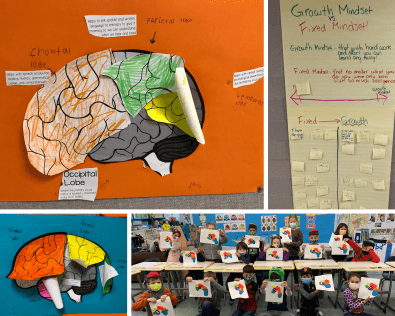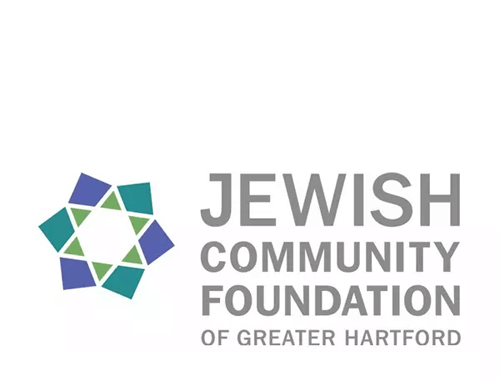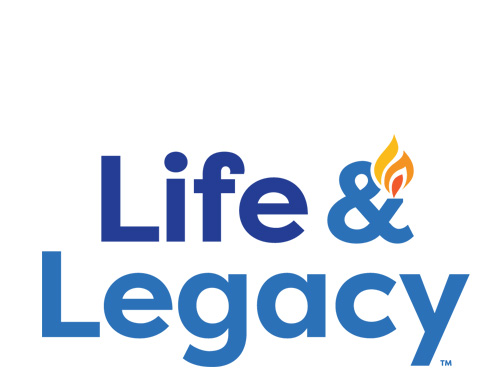Schechter Shavua: November 1, 2021
One Book, One School: A Special Feature by the 8th Graders
Schechter’s teachers, staff, and students each read the true story The Boy Who Harnessed the Wind as part of a One Book, One School program. We eighth graders were extremely inspired by the determination and strong will of William Kamkwamba, and we decided to help others feel the same way by sharing all the amazing things he did. On Wednesday, October 20, along with our seventh grade classmates, we ran multiple stations for the Lower School. We served nsima (a food similar to a porridge that is made from ground corn and water) both with and without honey. Kamkwamba ate nsima every day. We helped the students build their own working wind turbines, played BINGO based on animals and the people living in Malawi, and we made boa boards - the Malawian version of the game mancala. The sixth graders read a picture book version of The Boy Who Harnessed the Wind to Sh’kedim and T’marim then helped the young students with an art project in which they attached streamers to a stick and noticed how the wind moved their streamers while they danced to Malawian music. The eighth graders also met with Dubonimand shared the picture book with them.
After school that day, we ran a book club for the faculty during professional development. We had the teachers watch the TED talk where Mr. Kamkwamba spoke about what he has been doing since he built the wind turbine in his village. Then, we presented a google slideshow and asked the teachers thoughtful questions based on the book. One question which prompted a lot of discussion was whether Williams’ life would be different if he had access to education without having to pay for it.
To see pictures of this special day, click HERE.
Exploring Growth Mindset and Neuroplasticity
 Have you been hearing about growth mindset and wondering more? Rimonim teacher Kate Poltorak has taken the initiative to develop a culture of growth mindset and the Schechter community is reaping the rewards! A growth mindset assumes that intelligence and other qualities, abilities, and talents can be developed with effort, learning, and dedication. Under Kate’s facilitation, Schechter teachers and students have been working hard developing a culture of growth mindset around learning. Teachers have spent time researching, studying, and teaching about growth mindset during professional development and throughout the day in their classroom. As a part of this growth and development in the school, each month students focus on a different mantra around growth mindset and learning. The students will reflect on what they have learned; each month we will share some of their responses to questions about that month's mantra. Below are some of our first responses to October's mantra.
Have you been hearing about growth mindset and wondering more? Rimonim teacher Kate Poltorak has taken the initiative to develop a culture of growth mindset and the Schechter community is reaping the rewards! A growth mindset assumes that intelligence and other qualities, abilities, and talents can be developed with effort, learning, and dedication. Under Kate’s facilitation, Schechter teachers and students have been working hard developing a culture of growth mindset around learning. Teachers have spent time researching, studying, and teaching about growth mindset during professional development and throughout the day in their classroom. As a part of this growth and development in the school, each month students focus on a different mantra around growth mindset and learning. The students will reflect on what they have learned; each month we will share some of their responses to questions about that month's mantra. Below are some of our first responses to October's mantra.
October Growth Mindset Mantra: My Brain is Like a Muscle that Grows!
October's Question: What is neuroplasticity and how does it help us learn?
Illy (Habonim/gr.6)
Neuroplasticity helps us learn because it allows our brains to change, and be able to understand and learn new things. For example, when you’re a baby, you only have basic survival instincts like breathing, eating, and moving around. But, as you get older, your brain grows and adapts, learning things like language, how to walk, and take care of yourself. Neuroplasticity also helps us learn by creating and “walking” on pathways, until they become worn and used, adapting to different actions and learning new things.
Evan (Habonim/gr.6)
Neuroplasticity is what allows the brain to grow and to become stronger. It helps us learn because if the neurons can send messages quicker you can become a stronger learner and if we keep trying it will become more efficient.
Ellie (Bogrim/gr.8)
Neuroplasticity is when you learn something new and it makes new connections in your brain, so that when you need to use that information again it will come faster because the connection has already been formed.
Eitan (Rimonim/gr.2)
Neuroplasticity is when neurons connect. It helps us learn by firing, connecting, and getting stronger.
Rami (Rimonim/ gr.2)
Neuroplasticity is when neurons connect. It helps us learn because the more neurons connecting the smarter we get.
Moshe (Rimonim/ gr.2)
It is a part of your brain that helps you learn. It's supposed to help you learn when you work hard. When you get frustrated you learn.
Local Author Discusses the Writing Process
Local author Harry Weller recently visited the Parparim and Tsiporimclasses (grades K-1) to read his book and share his writing process with students. The book stems from a poem and song he wrote 35 years ago which he sang to his daughters. Students were riveted hearing him describe the process of making a book. He patiently answered the children’s questions and shared an important message: if you have a dream, don’t give up. Keep trying and you can make it better and better and it can come true. It was an exciting morning!
What’s Happening in the Torah? Ask a Second Grader!
Do you ever wonder how to develop in children a curiosity about and a love of Judaism? Here’s just one of many things that happens at Schechter. On Thursday mornings, Rabbi Chatinover brings a Torah to the Rimonim class (grades 2-3) to discuss the Parashat Hashavua and read the Torah portion for that weekend. Each week, a different student gets to have an aliyah , so they learn the blessing for the tallit and the blessings before and after a Torah reading. Each student made their own Yad, which they use to follow along in the Torah.
Solomon Schechter Day School
of Greater Hartford
26 Buena Vista Road
West Hartford, CT 06107
© Solomon Schechter Day School of Greater Hartford | Site design Knowles Kreative




